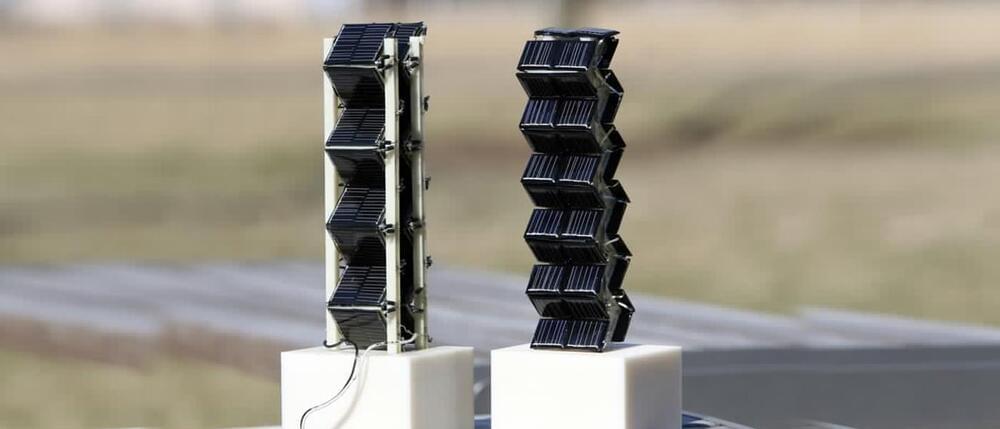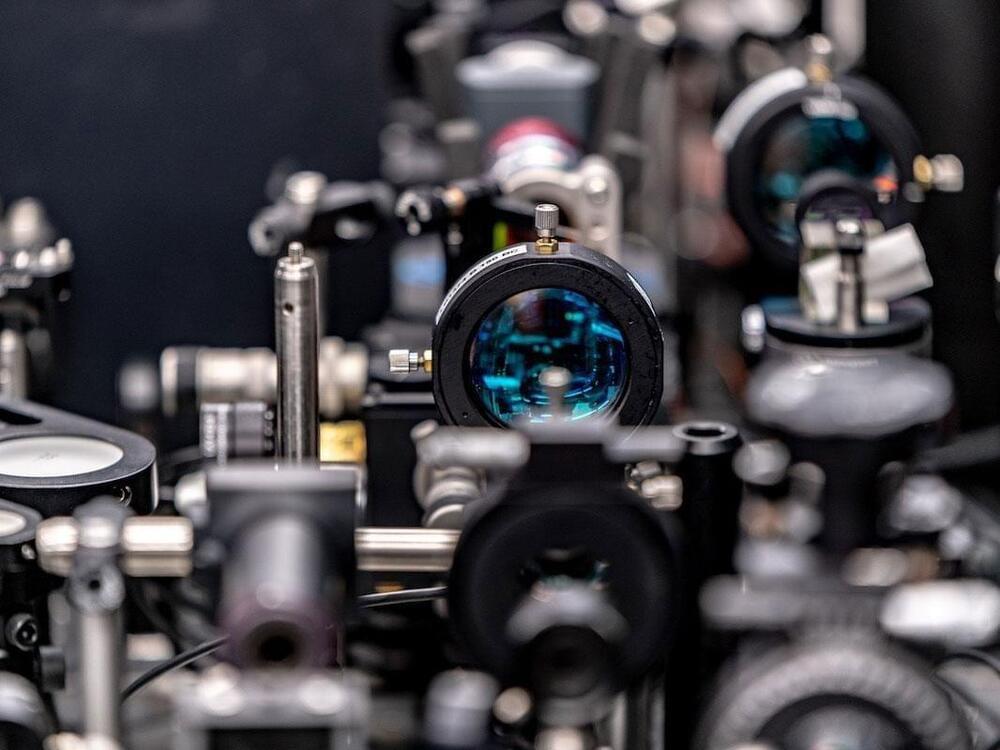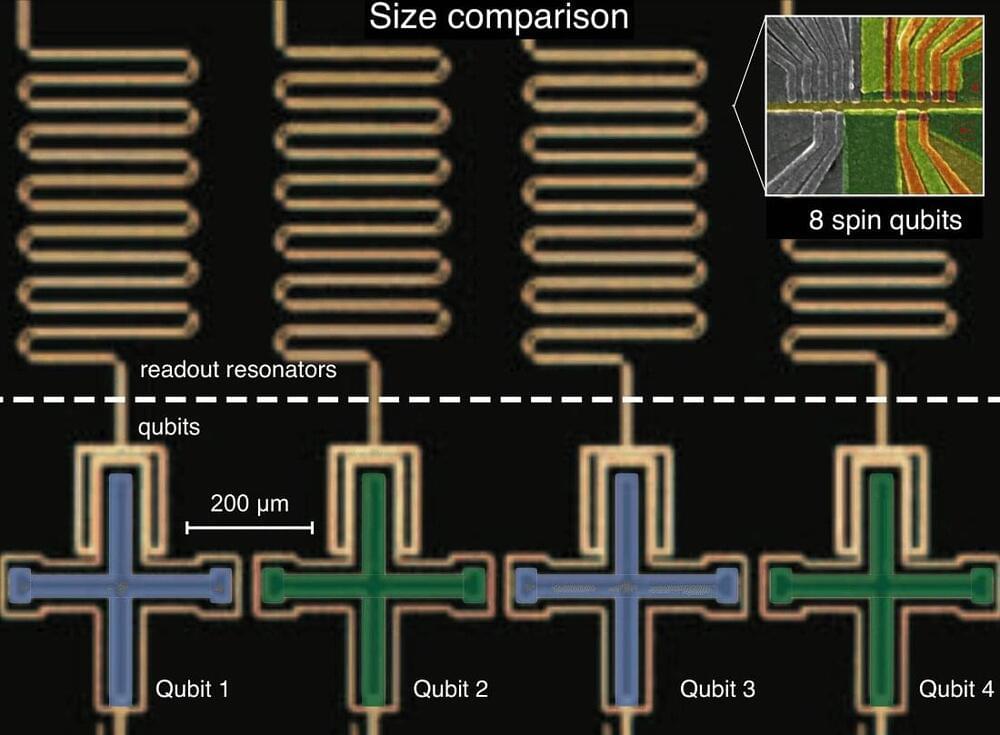Mark Zuckerberg said it was “ridiculous” for people to think that he changed Facebook’s name to Meta because of the recent wave of backlash.
The CEO told The Verge in an interview — which was published shortly after the name change was announced Thursday — that the current news cycle had no effect on the decision.
“Even though I think some people might want to make that connection, I think that’s sort of a ridiculous thing,” Zuckerberg told the outlet. “If anything, I think that this is not the environment that you would want to introduce a new brand in.”





